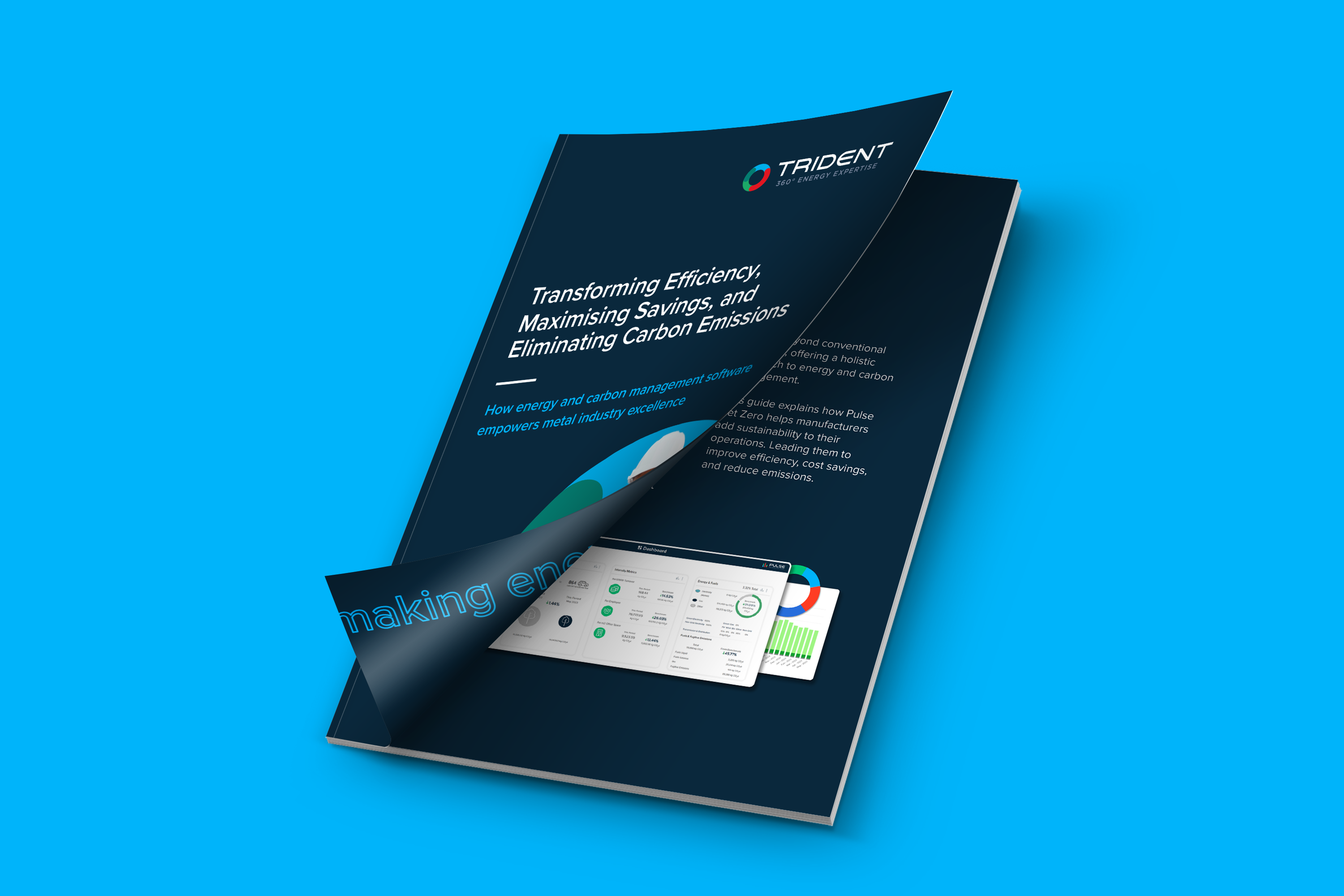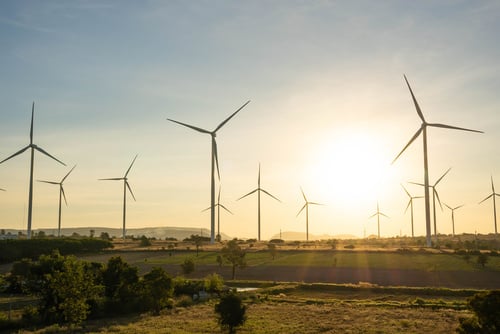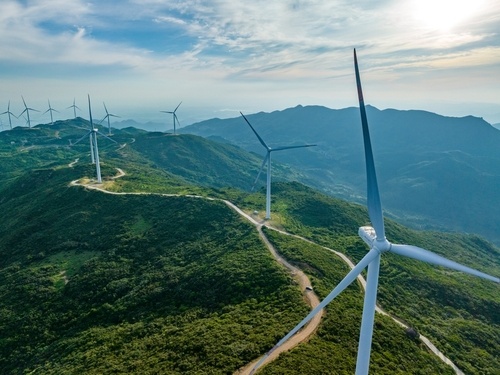We’ve outlined key challenges for large energy users and the most effective ways your business can address them.
Using less energy (and carbon)
Lowering your consumption ultimately lowers your costs. By improving your efficiency and usage practices, you can make greater progress toward spending less in the future.
You can improve energy efficiency by upgrading machinery, investing in better lighting and utilising sensors to automate energy management, among other measures.
The best point to start is undertaking an energy audit of your current practices. This will flag energy-intensive hotspots and identify the opportunities you have to improve efficiency and save money. Opting for renewable energy sources can help you reduce carbon usage and lower costs, especially through on-site generation. It will improve your energy security too, more of which later.
Capitalising on your compliance commitments
Regulations may require your business to conduct specific audits. Legislation often requires large energy users to reduce usage, a trend expected to intensify as the UK government aims for net zero by 2025.
You can easily turn these obligations into opportunities. If your business needs to fulfil ESOS, SECR or any other legislative commitments, it’ll also be able to capitalise on the opportunities unfurled from delivering the compliance.
Tackling risk effectively
If your business is using large quantities of energy, so are your competitors. Paying less than competitors can provide a competitive advantage while mishandling it gives them the upper hand.
This is where successful risk management comes into play. Businesses eligible for flexible contracts can spread their buying window out and capitalise on market trends. When done right it can result in huge savings, such as Signature Flatbreads which achieved a 54% saving against market prices worth £4.7 million via our energy procurement services.
Not qualifying for a flexible contract doesn't prevent you from leveraging the benefits through your business energy procurement. Our flexible energy supply contracts enable smaller energy users to gain from the same wholesale advantages by pairing you with similar energy users to increase your buying power.
Improving energy security
A more efficient use of energy will lessen the impact it has on your business, as well as its reliance upon it. While this brings positivity, it doesn't mean you must depend solely on the grid, exposing you to price fluctuations and supply disruptions. The key is to opt for a more flexible energy procurement strategy.
You can improve this by diversifying energy sources. Incorporating renewable energy solutions, and exploring onsite generation through solar panels or wind turbines will contribute to a more resilient energy infrastructure. Developing contingency plans for energy disruptions, including backup power systems and storage solutions, ensures continuity during unforeseen events.
Engaging in strategic partnerships with reliable energy suppliers and participating in demand response programs can enhance stability. Additionally, businesses can educate employees on energy conservation practices, fostering a culture of sustainability. By combining these strategies, businesses bolster their energy security and contribute to a more sustainable and resilient energy ecosystem.








